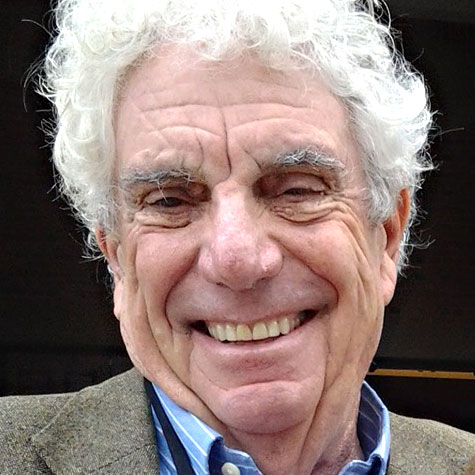How does a Jewish community journalist cover such a non-Jewish election?
Non-Jewish, I mean, in the sense that the recall battle isn’t being fought over issues that are especially important to Jews. Nor does there seem to be many Jews involved, except as potential voters and as contributors.
When I came to Los Angeles in 1970, politics seemed much more Jewish, even though the issues were not directly relevant to the community.
Jewish politics were largely Democratic and involved much more than raising money. Politics were a game played by street Jews, as well as by the Hillcrest crowd. Rich, poor, working class and middle class loved the intrigue, the meetings, the resolutions, the camaraderie, the endless cups of coffee, the drinks — the life of politics.
There were big street rallies on Fairfax Avenue. Los Angeles Jews got into shouting arguments over what was happening in Sacramento. On the Westside and in the West Valley, the Berman brothers and Henry Waxman organized the community block by block, synagogue by synagogue, club by club.
Roz Wyman had risen from such clubs, all filled with Jews, to become a member of the Los Angeles City Council in 1953 at the age of 22. "We were involved all over the place," Wyman, still active in Democratic politics, told me recently.
Today, Israel draws much of the community’s political energy. And while "the Jewish community is very attuned to social issues, it is not as much as before," she said. "There is active participation, not as great but still participation."
I discussed this the other day with Paul Kujawsky, president of Democrats for Israel of Los Angeles, as we sat in the sunshine at the Starbucks at Santa Monica Boulevard and Beverly Glen, just north and west of the flatland Westside neighborhoods, where middle-class Jews once spent many hours walking precincts, stuffing envelopes and getting ready for a trip to Sacramento or Fresno for the state party or California Democratic Council convention.
"I think the passion for politics is lessening, not only among Jews but every one else, after the ’60s, Watergate and the whole litany, there is a great cynicism," he said
Kujawsky made an intriguing point: Jews once strongly identified with the Democratic Party because of "self-interest. The Democrats were an urban liberal party, and that was us. We no longer identify with a party that is interested in handing out goodies to interest groups."
I think there’s more to the story:
The "Jewish vote" is shrinking. Secularization means that fewer young people identify themselves strongly with the religion or with issues that energized their parents and grandparents.
In addition, the issues that drove Jewish politics have lost their steam. Jewish politics were shaped by left-wing activism, the Depression, World War II and Franklin Roosevelt. Jews retained memories of the Depression, the war and the GI Bill that sent them through college and made possible the purchase of their first home. A commitment to public education was also a factor, diminished by Jewish abandonment of public schools.
The civil rights movement shaped the old Jewish politics. Fresh from the virulent anti-Semitism of the ’30s and ’40s, Jews were enthusiastic participants in the African American drive against housing and job discrimination and for voting rights. The collapse of the coalition left many Jewish activists embittered.
As the old civil rights coalition collapsed, Jewish political thought became sharply divided. The neoconservative movement drew much of its energy from Jewish intellectuals. Neoconservatives scorned those who favored the old liberal and economic policies. And they excoriated anyone who did not agree with their hard-line policies on the Mideast.
Finally, there is the evolution of politics from mass participation to mass media. Grass-roots organizing — door-to-door visits, rallies, coffees — once dominated politics and required a lot of volunteers, like Wyman, to run the show.
How will this impact the Jewish community’s impact on the recall?
With Jewish interest in politics, particularly state politics, declining, Gov. Gray Davis can’t waste a vote. He needs a huge Jewish turnout. He’s been going at it from the top down, a chilly presence smiling his way through Jewish contributors’ events. But, like a white politician trying to sing gospel songs in a black church or attempting Spanish in Boyle Heights, he just doesn’t have the rhythm.
Davis’ fight is an uphill effort, and tracking it is a great job for a Jewish community journalist. True, there are no directly Jewish issues. But what Jews do in the recall, while possibly not decisive to the outcome, is an important chapter in the political evolution of our community.
Bill Boyarsky’s column on Jews and civic life appears on the first Friday of
each month. Until leaving the Los Angeles Times in 2001, Boyarsky worked as a
political correspondent, a metro columnist for nine years and as city editor for
three years. You can reach him at bw.boyarsky@verizon.net.





















 More news and opinions than at a Shabbat dinner, right in your inbox.
More news and opinions than at a Shabbat dinner, right in your inbox.